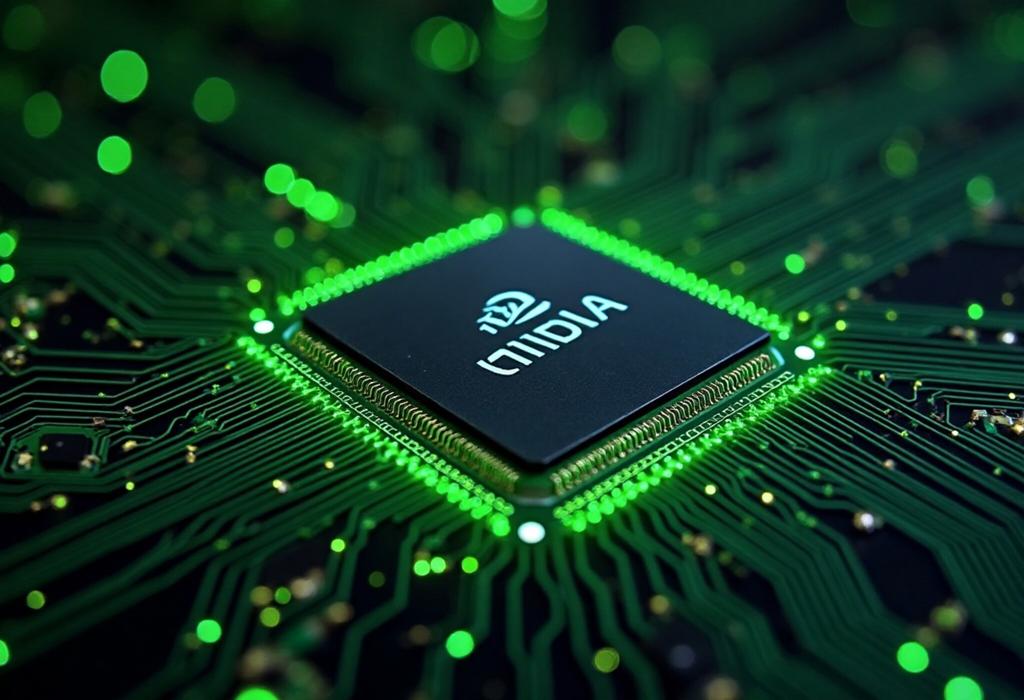In a significant move reflecting the ongoing adjustments within the tech industry, NVIDIA announced that it will begin manufacturing its AI chips and supercomputers domestically in the United States. The company plans to produce its Blackwell chips in Arizona, while its AI supercomputers, specifically the newly unveiled DGX Spark and DGX Station models, will be made in Texas. This initiative appears to be a strategic response not only to the booming demand for AI technologies but also in light of the turbulent tariff landscape that has recently affected U.S.-China trade relations.
NVIDIA has partnered with Taiwan Semiconductor Manufacturing Company (TSMC) to produce Blackwell chips in Phoenix, and for assembly, it has enlisted local firms like Amkor and SPIL. In Texas, manufacturing will be carried out by Foxconn in Houston and Wistron in Dallas, with mass production anticipated to ramp up over the next year. NVIDIA's founder Jensen Huang expressed optimism on how this move would strengthen supply chains and create resilience against international market fluctuations.
This announcement coincides with the White House emphasizing the impact of tariffs imposed under the Trump administration, which have sought to protect and invigorate U.S. manufacturing. However, while the exemptions to some electronics tariffs may provide short-term relief, ongoing semiconductor tariffs threaten to add complexity back into the relationship between U.S. manufacturers and their suppliers.
NVIDIA's commitment to building out a million square feet of manufacturing space represents significant investment in U.S. infrastructure, with projections indicating that this could generate many jobs and economic benefits over the coming decades. The implications of this strategic pivot are profound as it suggests a further shift toward reshoring technology manufacturing, presenting an opportunity for tech giants to enhance their domestic market strength and reduce dependence on foreign manufacturing.
This development encapsulates the dual narrative of innovation and geopolitics within the technology sector, where economic security, manufacturing policies, and competitive capability intersect in shaping the future landscape of AI and related technologies. The intelligence behind NVIDIA's move signals a broader trend within the tech industry as companies navigate both opportunities and challenges presented by the current economic climate, shaped significantly by government policy and international trade dynamics. This analysis has been reviewed and refined by artificial intelligence to provide insights into this dynamic sector.
AD
AD
AD
AD
Bias Analysis
Bias Score:
75/100
Neutral
Biased
This news has been analyzed from 21 different sources.
Bias Assessment: The article reflects a moderate level of bias due to its framing around the Trump administration's policies and their purported successes concerning U.S. manufacturing and economic security. The language used in the White House's statements, such as 'the Trump Effect in action,' introduces a partisan angle that could influence readers' perceptions of the administration's impact on the tech sector. This could be seen as promoting a favorable view of a specific political figure or party, thus contributing to the overall bias of the piece.
Key Questions About This Article




